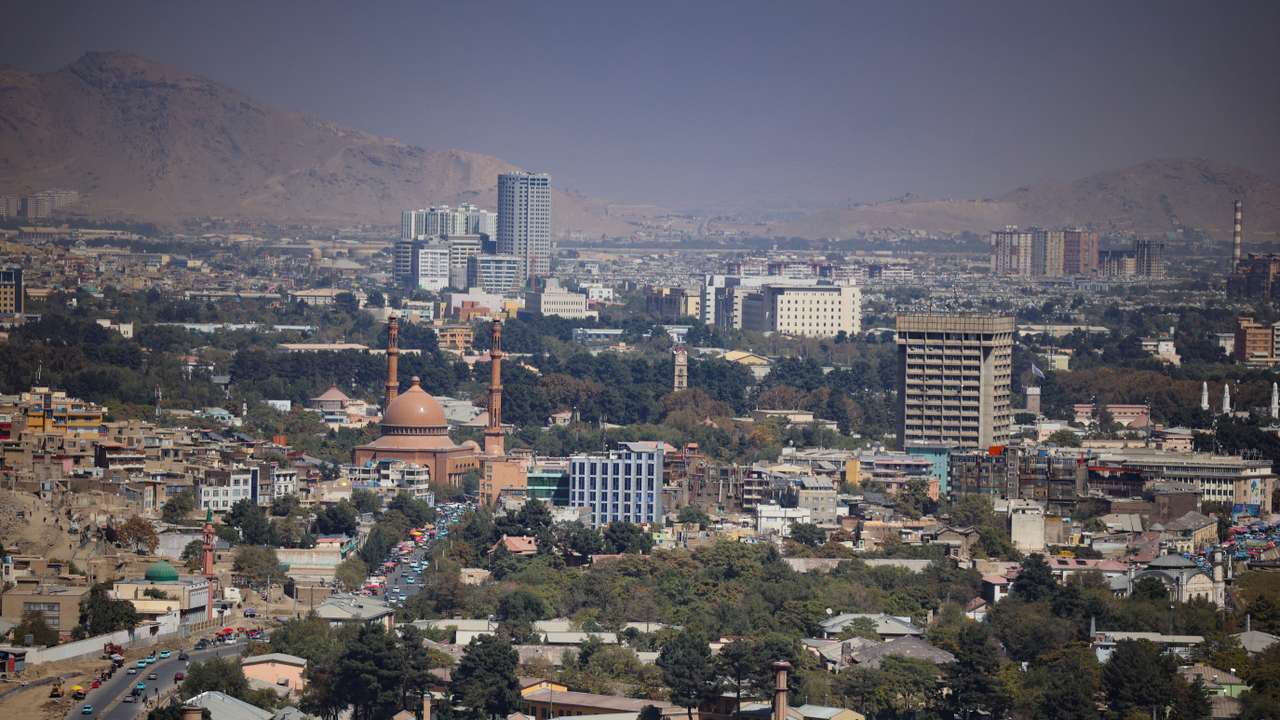Afghanistan Roundup: Agriculture research centre, Taliban regime, Pakistan ceasefire

Agriculture research centre
India has announced it will establish an agricultural research centre in Afghanistan, marking one of its most significant developmental engagements in the country since the Taliban takeover. The initiative aims to enhance crop productivity, introduce modern farming technology and boost food security — critical priorities in a country where drought, economic contraction and limited international aid have strained livelihoods. New Delhi’s move signals a continued interest in maintaining influence and supporting grassroots development, despite the absence of formal diplomatic ties with the Taliban administration.
Taliban regime
Tensions with neighbouring Pakistan escalated once again, after Pakistan’s Defence Minister publicly stated that the “Taliban regime” does not represent the Afghan people. The remark underscores Islamabad’s growing frustration with the Taliban government and reflects worsening trust between the two sides, driven by allegations of cross-border militancy and disputes over the status of Afghan refugees. Pakistan, historically seen as a critical power broker in Afghan affairs, appears to be recalibrating its stance in response to rising security challenges at home, and increasingly vocal domestic criticism of its past engagement with the Taliban.
Pakistan ceasefire
Despite the heated rhetoric, diplomatic channels have remained active. Türkiye confirmed that Afghanistan and Pakistan have agreed to maintain a ceasefire, following mediation efforts led by Ankara, with fresh negotiations scheduled for November 6. The move highlights Türkiye’s ambitions to play a stabilising diplomatic role in South Asia and its growing engagement in regional political dynamics. While the ceasefire agreement signals progress, both sides remain cautious amid continued concerns over border security, militant movements and humanitarian pressures linked to mass displacement and returns.
Counterterrorism cooperation
Further confirming diplomatic momentum, Kabul and Islamabad later issued statements reaffirming their commitment to continue the ceasefire and dialogue. However, Afghan and Pakistani relations remain fragile, shaped by longstanding mistrust and divergent security priorities — especially around counterterrorism cooperation and the contested Durand Line border. With winter approaching and regional security conditions unpredictable, observers warn that even small provocations could destabilise the fragile peace without sustained political will on both sides.
Afghan values
Domestically, internal messaging from the Taliban leadership continued to emphasise cultural control and ideological direction. Interior Minister Sirajuddin Haqqani hosted Afghanistan’s U-17 futsal champions, praising their achievement on the international stage while urging them to adhere to “Islamic and Afghan values.” The meeting reflects the Taliban’s strategy of using youth and sports victories to foster national pride, even as they tighten cultural restrictions. It also highlights the regime’s effort to cultivate a narrative of unity and resilience, despite ongoing concerns from Afghan civil society over shrinking freedoms and limited pathways for young people under the current political environment.
This story is written and edited by the Global South World team, you can contact us here.